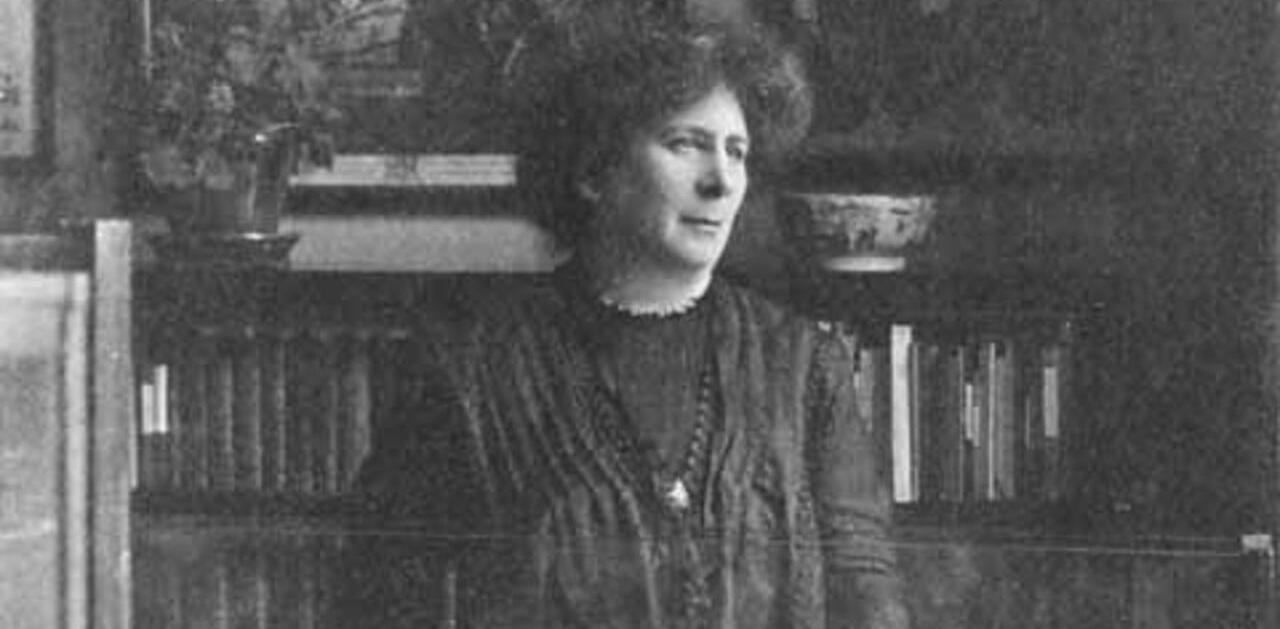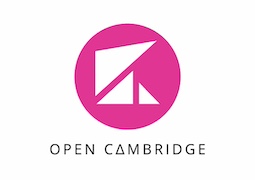
3:00pm-4:00pm on Tuesday 10 September
Whipple Museum of the History of Science, Free School Lane, CB2 3RH
Dubbed ‘a shining light’ by an aspiring female engineer, Hertha Ayrton (1854-1923) was an expert on electrical lamps who also provided a metaphorical beacon for young women struggling to enter the male-dominated world of science.
Originally known as Phoebe Sarah Marks, in the 1870s she studied mathematics at Girton College, where she was sponsored by its founder Barbara Bodichon and the novelist George Eliot. After moving to London, she studied electrical engineering and during her subsequent career patented many original inventions.
At the Royal Society, she was the first woman to read out her own paper and the first to win the prestigious Hughes’ medal; even so, she was refused a Fellowship on the grounds that she was married.
Like her close friend Marie Sklodowska Curie, Ayrton often experienced harsh discrimination and found her work being attributed to her husband. An outspoken campaigner for women’s rights, she supported Emmeline Pankhurst and provided refuge for victimised suffragettes. She articulated an ideal that we have still not attained: ‘I do not agree with sex being brought into science at all.
The idea of “woman and science” is completely irrelevant. Either a woman is a good scientist, or she is not.’ This talk is organised in partnership with the Women's Engineering Society (https://www.wes.org.uk/)

